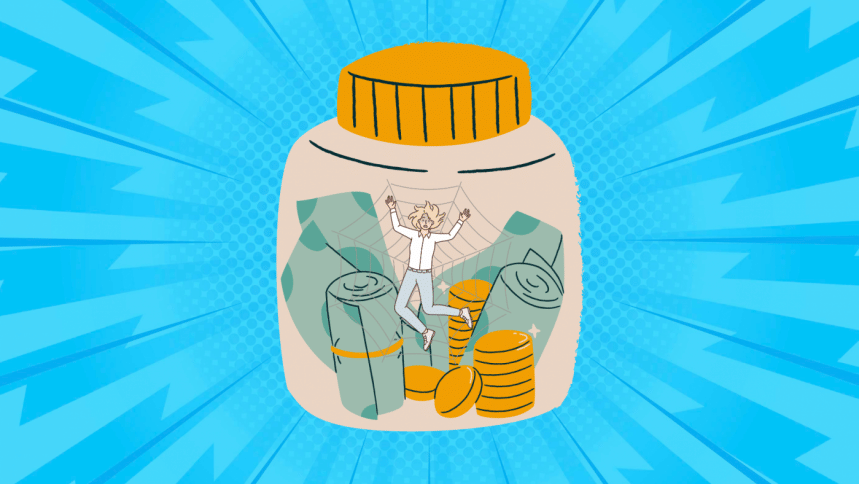Managing finances in high inflationary environment

Bangladesh has been fighting to contain the high inflation for a while. In the post-Covid period and after the invasion of Russia in Ukraine, we have been in difficulties to resist the dominance of a higher inflation rate.
During the period of high inflation, it becomes crucial to manage personal finances effectively and we have to take measures so that we can ensure that our purchasing power is not eroded.
We must maintain a detailed budget that reflects our current income and expenses. We have to identify our expense related items where we can cut back and save money. We need to list the items related to housing, food, healthcare, and transportation first. Then, we need to cut back on discretionary and luxury spending to free up more money for essential needs. Keeping disposable buying power intact is important to get a relief in this situation.
Having a diversified or secondary income source to generate excess cash flow is always a big plus point. We have to explore opportunities to diversify our income by taking on a side job or starting a small business.
Having multiple income streams can be helpful to offset the impact of inflation. However, it is sensible to start working for a secondary source of income before a crisis emerges because most of the time, a higher inflationary period is not an ideal situation to start a new venture unless the idea is too good for that time.
At the time of high inflation, we have to consider investing in assets that have the real potential to outpace inflation, such as stocks, real estate and commodities. On many occasions, these calculated investments pay back even more than the normal time.
However, we have to keep in mind that any investment is associated with risk and financial loss. As a result, we have to be watchful of the risks associated with these investments and seek professional advice, if needed.
Intellectual thoughts about the retaining of purchasing power in this higher inflationary period are vital. We can also look for ways to protect our purchasing power by investing in assets that tend to hold their value during higher inflationary periods. For example, consider investing in gold, silver, or other precious metals. A lower depreciation cost with a higher appreciation value is recommended for investments to preserve the purchasing power.
During crises, knowing and making proper decisions to pay off high-interest debts is crucial. High inflation can lead to increased interest rates on loans and credit cards. These increased rates create extra pressure on the financial management of an individual and the buying power is affected adversely. So, taking thoughtful decision to prioritise paying off high-interest debts, especially credit cards are suggested to reduce the financial burden.
In addition, we have to keep an eye on savings interest rates and adjust savings strategies. As interest rates fluctuate at a time of higher inflation, it's important to monitor them and adjust our savings strategies accordingly. Focus on putting money into inflation-protected securities or high-yield savings accounts to maximise returns.
Inflation may often lead to unexpected expenses or job cuts. Having an emergency fund can provide a safety net during challenging times and help us avoid taking on additional debt.
During this time, we should stay updated on the economic situation and any policy changes that may impact inflation. This will help us make informed financial decisions and anticipate potential challenges.
We can consult with a financial adviser to know how to manage our finances. They can provide personalised guidance based on our specific circumstances and help us navigate challenging times.
The author is a banker.

 For all latest news, follow The Daily Star's Google News channel.
For all latest news, follow The Daily Star's Google News channel. 



Comments